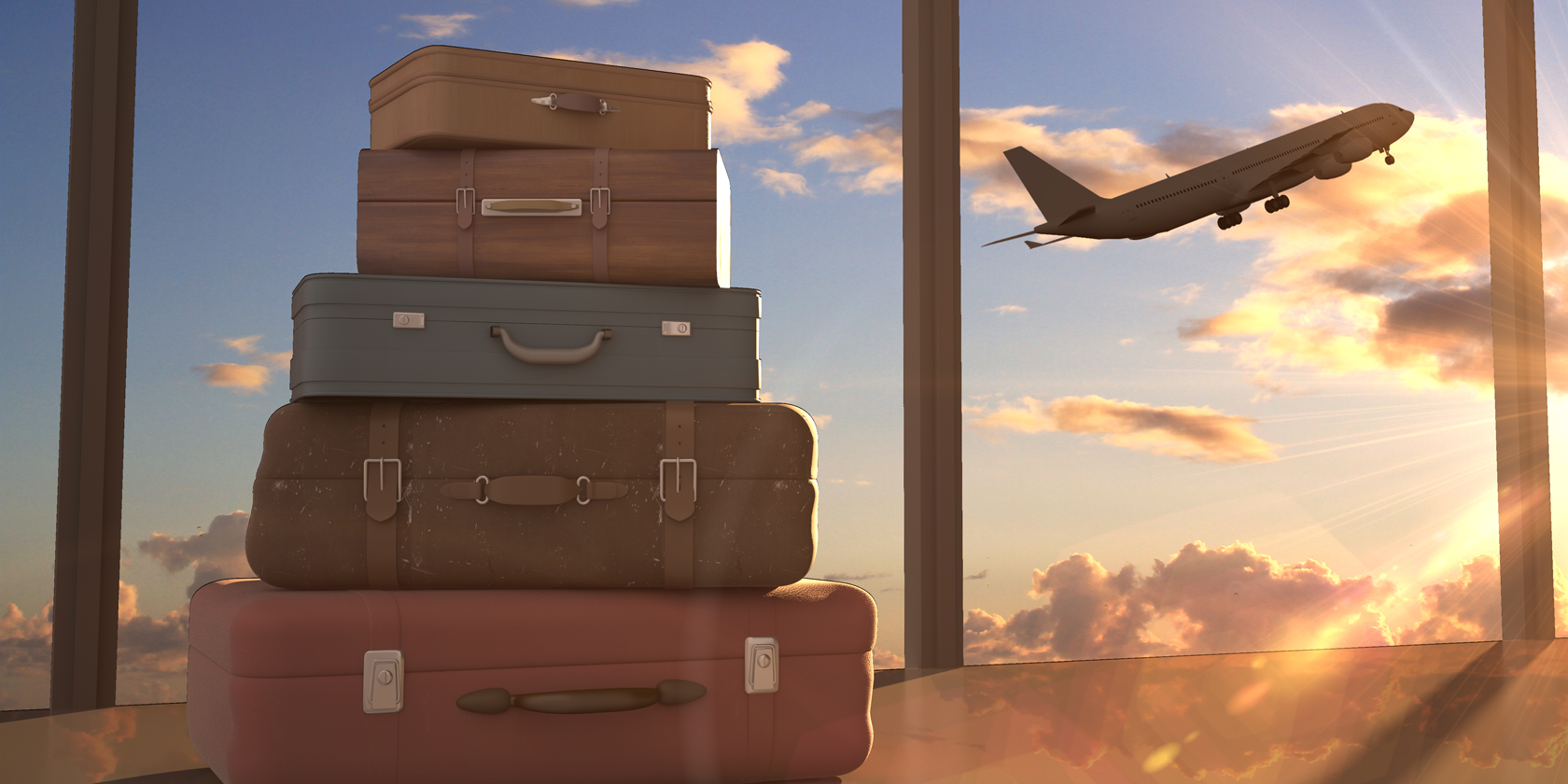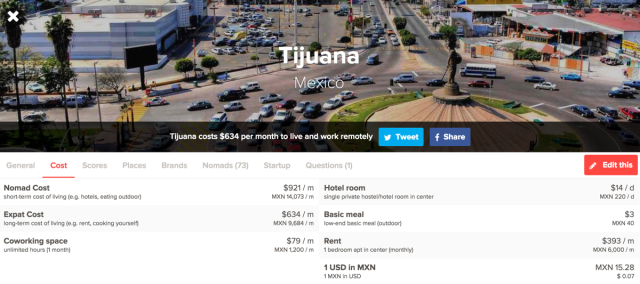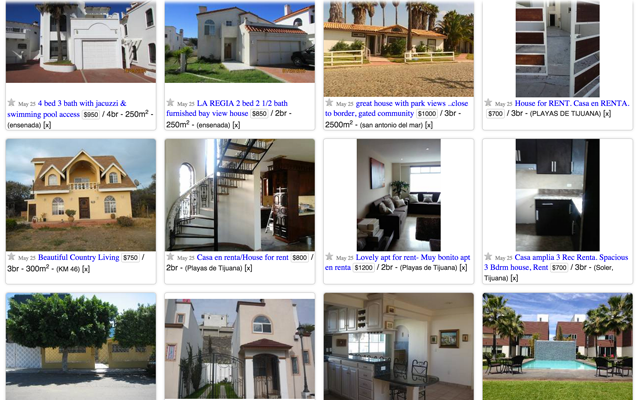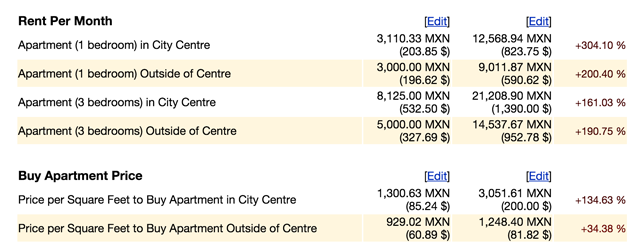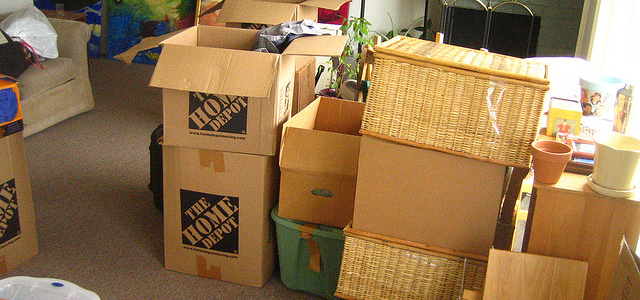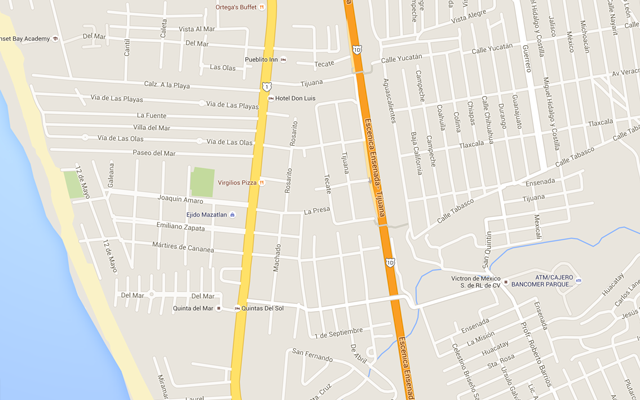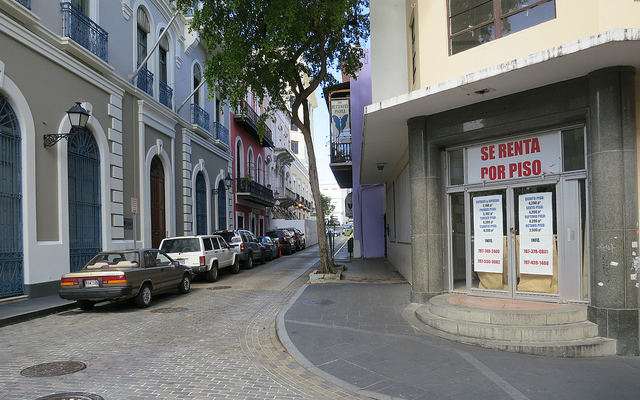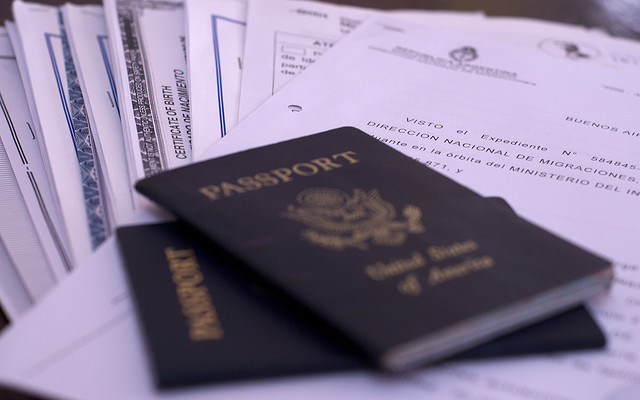You might have noticed the staff of MakeUseOf occupies almost every corner of the globe. While many of us started in the UK, US or other locales, nearly all of us have extensive travel-related experience.
We love to travel, and as such, we know a few things.
Everything we talk about today is going to be based on my experience of packing up and moving to a new country myself just one year ago. Originally from St. Louis, Missouri (US) I currently find myself sitting on a patio overlooking the Pacific swell from sunny Rosarito, Baja California (Mexico), and I want to help you do the same thing in your chosen destination. I also want to save you some money and potential headaches along the way.
Identifying Potential Destinations
While many travelers have a destination in mind, others have but a picture of what their ideal location looks like. I fell firmly into the latter camp, and started researching destinations like crazy.
Here are some of the tools I used (or would have used had I known about them).
Nomad List
Nomad List is a great staring point as it allows you to search for locales based on your list of priorities (cost, Internet speed, average temperature, safety, etc.). The site also has premium functionality (for $35) that allows you to connect with other expats in your chosen locale.
I joined so I could have a better idea about the premium functionality (to write about it), but after just a few minutes I was conversing with other expats in my area. If you don't want to fork over the $35, the main site has more than enough information to get you started.
Craigslist
While I wouldn't recommend finding a rental on Craigslist, it's a great starting point for finding housing in the area you chose. It's even better when paired with apps and services on Craigslist. From here, you can get an idea on prices (although they're higher than average in smaller or less-developed countries) and start to target a neighborhood.
Numbeo
Once you're able to estimate your housing expenses, it's time to switch over to Numbeo and get an estimate on what everything else costs.
One of the easiest ways to use Numbeo is to use the comparison tool to create a pricing comparison. I chose to use the location I was currently in, and my new target destination. Once you enter the two locations, it uses survey data from locals (or frequent visitors) to average the costs for that location. It's a great way to see if you're really saving money, or it just seems that way.
Here are the results from my old home, and the city a short distance from my new home.
Planning
Dwight Eisenhower once dropped this quote on us about planning:
Plans are nothing; planning is everything
When you're moving to a new country, a solid plan isn't optional. You can't save money without knowing what you're getting yourself into, and you can't possibly hope to find the best place to live with limited knowledge of the area.
Here are just a few considerations for you.
Housing
By now you should have an approximate idea of what housing is gong to cost you. It's important to set a ceiling on what you're willing to spend for housing. Then set another ceiling for housing-related costs, such as utilities, parking, and maintenance or HOA fees.
Legal/Visa Requirements
Another thing that's easy to overlook in the excitement are legal nuances of the destination, specifically, visa requirements.
Wanting to live in a country, sadly, is not enough to be able to live there. While you can live just about anywhere for a few months, or - in some countries - make visa runs that involve leaving the country and then renewing the visa upon re-entry, obtaining any type of permanent visa can be expensive if not nearly impossible.
For example, Ecuador was near the top of my list before I noticed that I'd need either:
- An advanced degree to set up a practice in Ecuador
- $25,000 to invest in real estate, or $30,000 to invest in agriculture
- A pension
Know the visa requirements before making plans to move anywhere. Many countries, like Mexico, have pretty lax visa requirements, while others are relatively extreme. It pays to know this before leaving.
Work
If you need to work, you'll need a visa that allows you to. Having a temporary or permanent visa doesn't necessarily mean you'll be able to (legally) work in the country you choose. This information is very nation-specific, and Google is your best resource to find out what you can, and can't, do with a visa.
As a freelance writer, this wasn't a problem. Truth be told, it typically isn't for those who earn their living online. While I'm technically working in Mexico, and my visa prohibits that, I'm actually working in the United States... while in Mexico. When you make a living by writing words and these words lead to digital deposit into a US bank account, it's not technically classified as working "in" a different country. Odd, but most countries couldn't care less about globetrotting techies who make a living online, they just don't want you taking jobs that could be filled by their citizens.
Another consideration is wages. Could you afford to live on the average wage in your target country? For me, that's a resounding no. The average wage here is around $16 a day, which would barely cover my monthly fish taco expenses.
Food for thought.
What to Take/What to Buy
Fair warning, if you're moving to another country with a significant other, this is the source of 90% of the fights you'll have before leaving. The truth is, you'll need a lot less than you think you do, and you'll wish you had brought some of the stuff you didn't. That's life. However, it's important to note that if you actually give in and bring too much, you're often paying additional costs in housing, storage, import/export fees, and the cost of shipping it to your new locale. It's better to err on the side of bringing too little and finding it (if needed) once you there there.
Other Considerations
On Housing Location
Before moving to Mexico, I was advised by a friend currently living here that I should seek short-term housing until I was sure I knew which neighborhood I wanted to live in.I didn't take this piece of advice, and I wish I had. I didn't take the advice because I was so incredibly sure that I knew the neighborhood I wanted to be in that I wound up wishing I was in a completely different neighborhood - closer to (within walking distance of) shops, restaurants and local businesses - and moving within the first few months. This was a significant financial blow, as I'd signed a year lease, forfeited my deposit, and had to pay first, last and security deposit at the new place.
Instead of making my mistake, try Airbnb, CouchSurfing, or a local hostel instead of jumping into a new location. Give it a few weeks, and look around first. It could save you a considerable sum of money.
On Finding Cheaper Housing
There are two things you can do to find the best bargains in terms of housing.
The first is learn the local language. Go ahead, you can start now. There are a ton of resources out there for online language learning and 30 minutes a day with 3-6 months time before leaving is a great way to learn the basics.
Knowing the language opens the door to communication with locals, which leads to housing opportunities you're just not going to find on Craigslist. In Mexico, for example, it's not uncommon to find a house listed by a realtor for $700 on Craigslist, and $400 by knocking on the door because you saw a "Se Renta" sign and talking to the owner directly.
The second important point tip for finding cheap housing is to stop looking online and start walking the neighborhoods you want to live in. Talk to the locals, look for "For Rent" signs in the local language and deal with owners directly. The savings is often quite significant.
On Documents (Visas, Residency, Business Licenses, Etc.)
In third world countries, it's often a matter of who you know. While you probably aren't going to run into this issue living in the UK, or other developed nations, many of us tend to run to cheaper locales like The Philippines, Thailand, Mexico, Panama, and others. In these nations, everything runs smoother by paying a professional to do your paperwork and letting them handle the headache that is bureaucracy in a developing nation.
It's not only faster, but often cheaper if you start figuring your time into the equation.
Final Thoughts
If I had it to do over again, I would still jump at the chance to experience a new country as the locals do. However, I would have planned better, and been more open to advice offered to me by others. Hopefully I can save you some of the same headaches and expenditures by offering up my experiences as a guide.
Save where you can and splurge where you need to, but no matter what you do, get out there and travel.
Have you ever lived in a new country? What tips would you add? Let us know in the comments below.
Travel bags and airplane in the sky via Shutterstock, Typing by Sebastien Wiertz, Unpacking awaits by Rick, Se renta por piso by Paul Sableman, Residency paperwork for Argentina by Beatrice Murch all via Flickr

